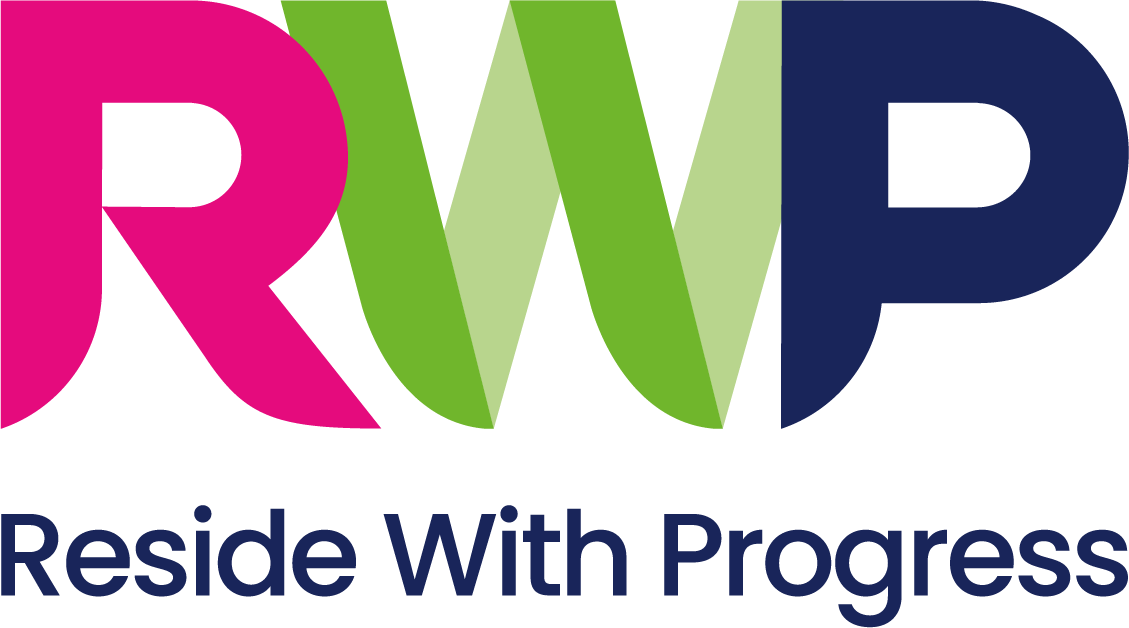Hoarding support
Hoarding is a mental disorder where someone will store an excessive number of items or belongings without any order. It can be a symptom of another condition such as severe depression, psychotic disorders, such as schizophrenia, and obsessive compulsive disorder (OCD). People with a learning disability may have difficulty with categorising and disposing items within their home.
Support groups
Hoarding UK's runs hoarding support groups across the UK. Support and advice groups are open to anyone who is affected by hoarding or who know someone who hoards. The group is confidential and supportive, sharing advice and practical solutions. You can find your local Hoarding UK group here: Support Groups | HoardingUK
If you are looking for support in your local area, Mind offer mental health services in local communities across England and Wales. You can find your local MIND here: local Mind
Mind's 4 helplines provide a voice at the end of the phone when you need support. Each line provides support with a different mental health or wellbeing need, such as information and service finding. Infoline: 0300 123 3393
Resources
If you are helping someone to seek support or treatment, then resources to help start a conversation may be useful. Hoarding UK has a clutter image rating which shows a scale of severity of hoarding in images for different rooms in a house. Here is the Clutter Image Rating
A hoarding icebreaker could be helpful to start the conversation on hoarding. Rainbow Red has an icebreaker form which asks a variety of questions on how the person affected is feeling, safety risks, and relationship with possessions: Rainbow Red.
Fire safety
Focussing on fire safety and emergency access can help to create a safer environment. The London Fire Brigade has a home fire safety checker, which could help if you have concerns about fire safety in the home. You will be asked questions in order to work out the level of risk in the home. Recommendations will be made based on your answers which could be booking an in-person Home Fire Safety Visit, or carrying out an assessment of the home yourself.
